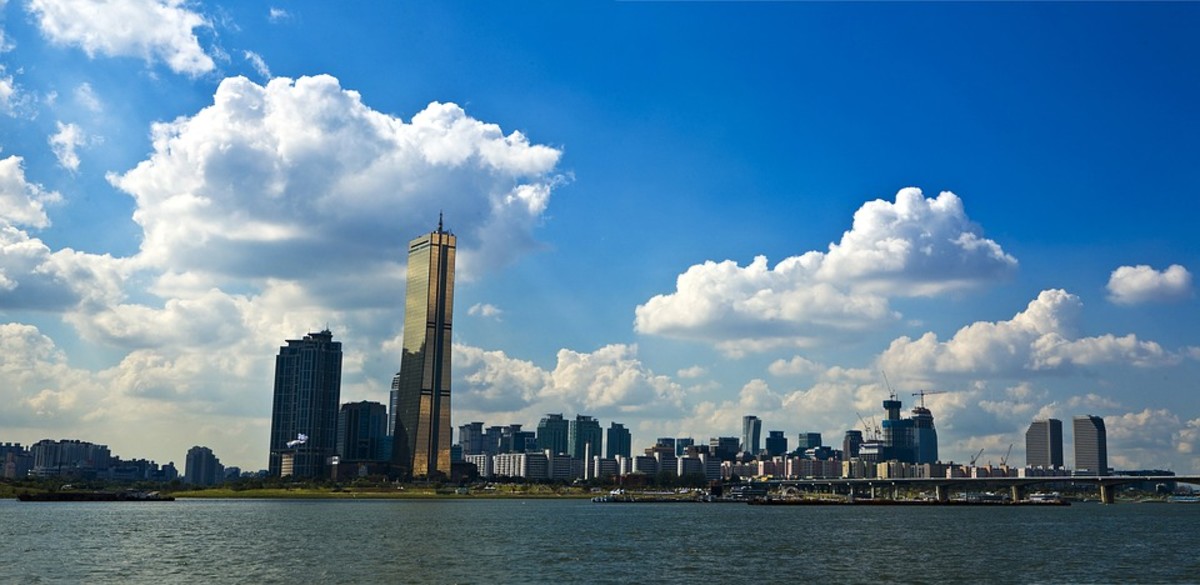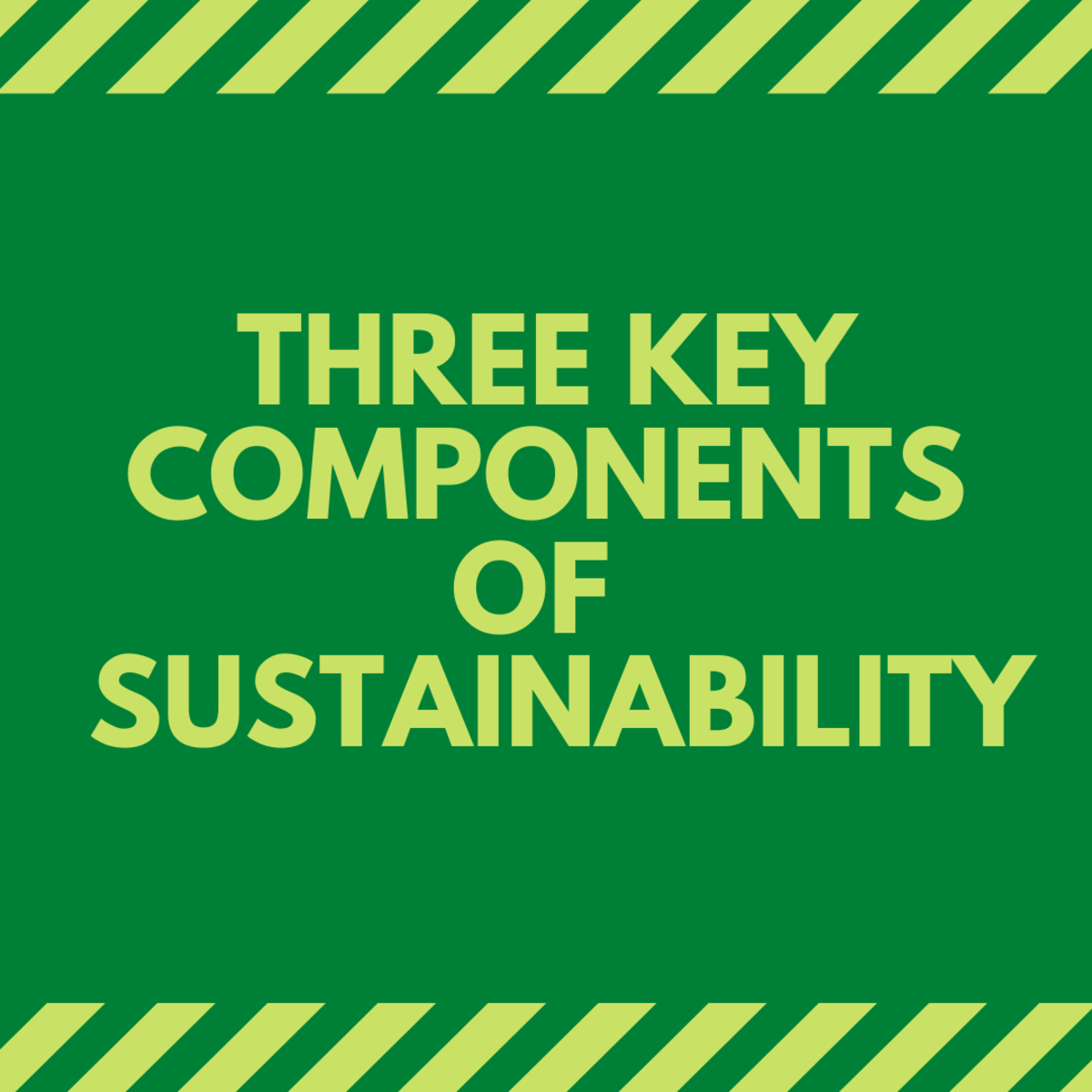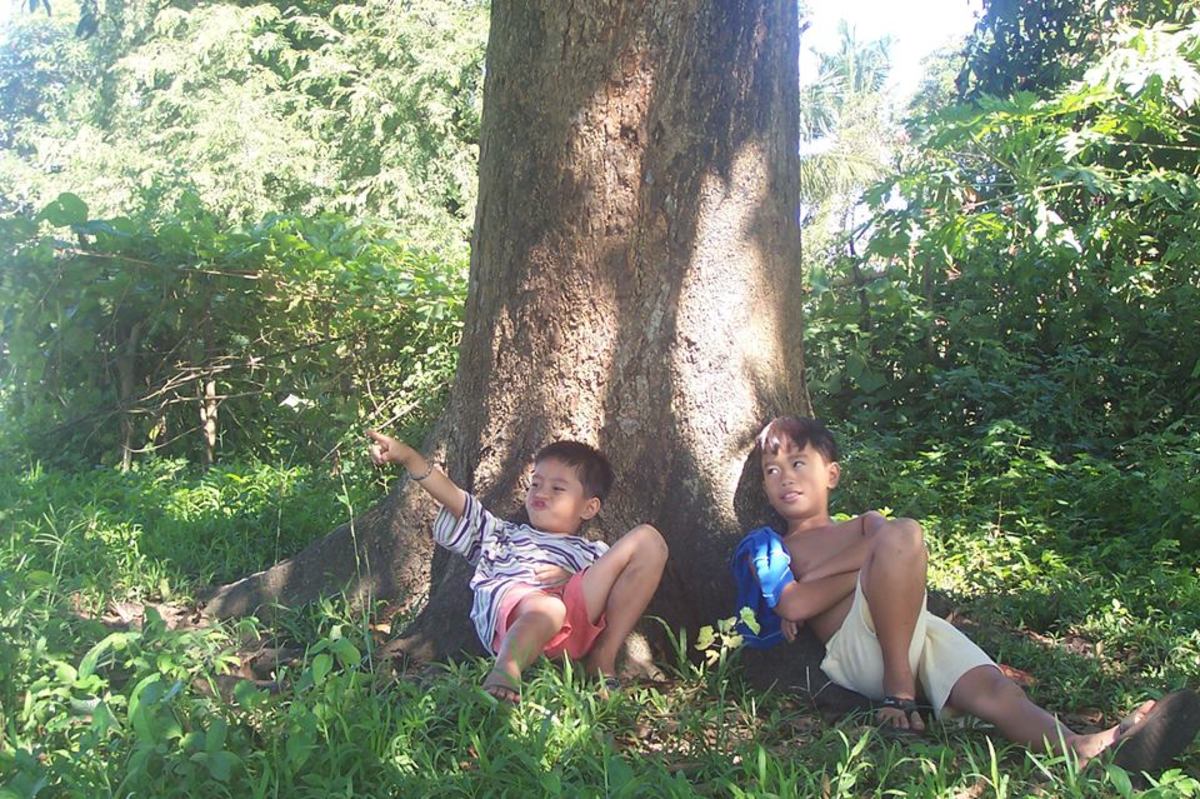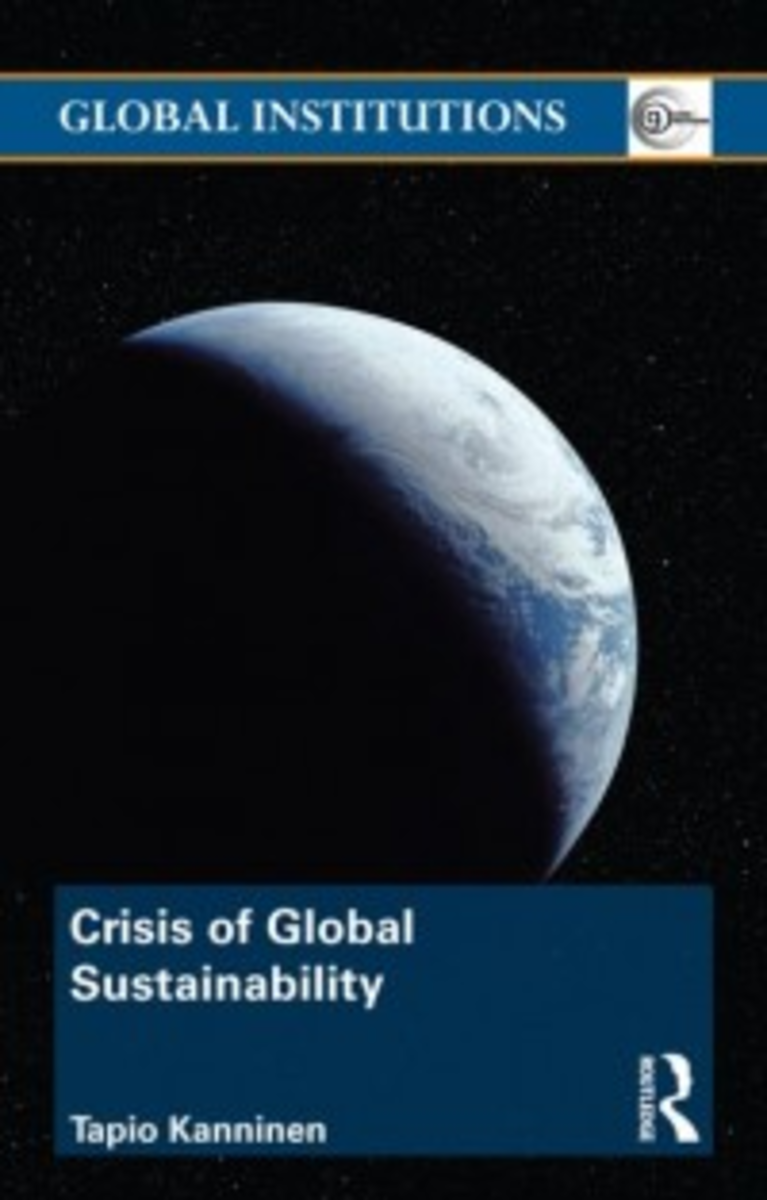What is Sustainable Travel? A Fun Look at Alternative Tourism

Sustainable tourism is defined by the World Tourism Organization as “tourism which leads to management of all resources in such a way that economic, social and aesthetic needs can be fulfilled while maintaining cultural integrity, essential ecological processes, biological diversity and life support systems.”
Everyone enjoys vacation getaways, and everybody needs one periodically. Our tastes vary: I like mountains and pastoral vistas; you may enjoy beaches and urban backpacking. Yet all of our travels can match in sustainable practice.
Now if you’re thinking that sustainable travel takes the fun out of vacationing, you may be in for a surprise. Just because we vacation doesn’t mean that we have to live less conscientious about the way we care for our environs and about how our actions affect them. But being sustainable about it...well it may be easier than you think.
Why Sustainable Travel is Necessary
Tourism is the world’s largest industry and it’s not going away. In in the 50 years between 1950 to 2000, global tourism rose from 25 million visitors to 650 million visitors. Factors such as increased standard of living, declining travel costs, and more holiday entitlements have contributed to the rise.
Such growth has incredible economic value for countries, particularly developing nations, and businesses, and it hasn’t gone unnoticed. But in the rush for leisure severe environmental and infrastructural damage have resulted from improperly managed tourism. Energy and resource depletion, excessive waste, deforestation, and even the altered behavior of wildlife have occurred from poor tourism practices.
Sustainable travel argues for the proper management of all the resources involved in vacationing—from planning to travel to lodging to experience—so that, in the end, we get our pleasure and enrichment and leave our surroundings healthy and viable for the next comer.
How is alternative tourism practiced? Let’s consider eight important things we all can do when traveling.
Most Visited Cities in the World
Paris
|
|---|
London
|
Antalya, Turkey
|
New York City
|
Dubai
|
Singapore
|
Kuala Lumpur, Malaysia
|
Hong Kong
|
Istanbul, Turkey
|
Bangkok, Thailand
|
#1 - Stay at Home!
Okay, not exactly. This simply means to challenge you to perhaps not travel great lengths and focus on vacation spots nearby. It is often the case that many of us are unaware of or have never tried tourist and recreational areas right in our own backyards. And when you consider the expenses that can be saved—fuel, lodging, food, entertainment, shopping—staying near to home makes good sense.
Further, vacationing near home allows for more enjoyment, particularly with family and friends. I enjoy making a habit of daytrips with family. In the end, your knowledge and community participation increases; your region’s cultural treasure is supported; and your dollars have remained in your own area.
#3 - Practice What You Preach
Just because you’re on vacation is no reason to splurge your sustainable sense! Turning off lights and appliances and controlling water usage means the same when you’re away from home. Avoid pre-heating and pre-cooling hotel rooms when you’re away.
Also, try not to use hotel laundry service, which is costly and wastes water. Since guest clothes must be washed separately, a great amount of excess water is used.
#4 - Book Sustainable Hotels and Locations
Many locations have done the work for visitors, but visitors may have no clue that the site practices or even offers sustainable services. For instance, did you know that there are 450 Energy Star-labeled hotels in the U.S.? These can be found online. Still, there is more you can do.
When reserving hotels ask about environmental certifications and how the hotel may implement sustainable practices. This is making hotels accountable and serving the concerns of its patrons. Further, book at new hotels because they tend to include state-of-the-art energy saving features.
#2 - Rethink Car Travel
Is it possible for you to use a bike, shuttle, or public transportation on your trip? Can you walk? These alternative travel options make an impact in ways like fuel usage and traffic. Cars are not an evil but having one leads to its use, even for very short trips. Eighty-nine percent of short trips are made by car.
One thing to look for at travel destinations are bike co-op programs that are sprouting up worldwide. Visitors can reserve bikes for a small fee and later drop them off at any station in town. If this is not an option, subways, light rail, and more are often available and work efficiently. Visitors can usually plan their movements by simply going online, as well as to learn cost details.
In some cities there are shared car options, like Zipcar and other city-specific companies. Members are able to reserve cars and drive them for a specific time period. Generally, the cars are fuel-efficient or hybrids. Speaking of hybrids, many car rental companies—if this is your choice—are now renting hybrids. Enterprise offers the Toyota Prius; Avis offers the Prius and Altima Hybrid; and Hertz offers hybrids at the top 50 U.S. airports.
A final tip: how you pack is important, too. Only pack what you need and can fit in the trunk. Extra items will add unnecessary weight to the car, thereby limiting gas mileage.

#5 - Fly Non-Stop
Jets produce about 800 pounds of carbon dioxide emissions per passenger, per flight. They also consume the most fuel at takeoff. Flying non-stop drastically reduces emissions and fuel consumption. Further, before making airline reservations, research those airlines that fly on-time. Planes that idle on runways are simply not helping the environment.
Blue Flag Beaches
When visiting abroad look for Blue Flag beaches. The Foundation for Environmental Education rewards the Flag for meeting 33 stipulations satisfying four criteria: environmental education and information; water quality; environmental management; and safety and services. The award is offered to member countries: the U.S. is not one of these.
#6 - Honor the Culture
Behind much of sustainable travel is common respect for the cultures we visit. No one would appreciate a guest entering their home and disregarding their cleanliness or resourcefulness. This is the same for countries and cities, resorts and heritage sites. They welcome visitors with the expectation that their friendliness and effort to provide outstanding leisure will be rewarded with respect and admiration for the way they do it.
Think of yourself as having immersed into another culture—oftentimes what it is; and for that reason we should seek to understand the people and customs around us (even if they are our own kin.)
As a tourist this means respect for other’s traditions and customs. Some organizations admonish visiting during cultural celebrations and festivals. Visitors then get a more authentic experience of the culture, as well as being able to reduce their impact on the environment more than if they had come “out of season.”
Visitors should also rely on local guides and accommodations and buy local food and crafts. This supports the economy of the area, something important in developing areas.
Sustainable Travel Quiz!
view quiz statistics#7 - Follow Hiking Trails
Veering off-course is the easiest thing to do and it’s interesting. But sometimes it has environmental repercussions that cannot be foreseen: soil erosion, habitat degradation, lowered water quality, destruction of vegetation, and injury to animals and ourselves. Such behavior at archaeological and heritage sites can be irreparable to artifacts. It is safest to follow the trails. Sometimes off-trail permits can be purchased, although it may not be against the law to venture off trail, only not advised.
#8 - Know Endangered Species
This is very important for two reasons. In many places local merchants may offer clothing, jewelry, and other amenities that are indeed beautiful but made at the expense of endangered species. We must learn to ask questions and nicely refuse items that support endangerment.
Then, we must be aware of what we should not order from menus. Not all restaurants have completely eliminated endangered items, and the only way to make it stop is to not buy it.








